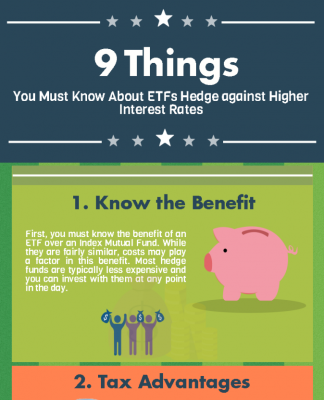While there is never a sure winner in investing, there are products that may seem close to it. There is a unique group, principal protected notes (PPNs), or funds, that are structured to offer a guaranteed return to a certain level where most investment products will not.
“This is not the same as bank accounts protected by deposit insurance,” explains Richard Cayne of Meyer International. “PPNs are structured investments designed with certain protections. It’s still not a guarantee of a full return.”
Principal Protected Notes Seem Simple
PPNs are fundamentally simple. Certain triggers are in place so that, usually after maturity, an investor will at least receive their initial investment.
As an example: a PPN is linked to the FTSE100 with a 100% protection, maturing at 10 years. If, after 10 years, the FTSE100 loses 10% in value, the investor gets his initial investment back. However, if the FTSE100 gains 10%, the investor gets the initial pay-in plus 8%. The 2% becomes part of the fee for principal protection.
Principal Protected Notes are Complex at Their Heart
The example given is a rather simplistic one. The terms of a PPN can become complex and intricate. What the note is linked to, what are the benchmarks, what exactly is being protected (the principal or the return), when does the protection kick in, and for how much – these are just a few questions that need to be kept in mind when looking into PPNs.
Of course, these complexities are daunting, as issuers want to ensure that they make some money out of the deal as well, but this doesn’t mean that every PPN is more trouble than it’s worth.
Principal Protected Notes are not for Everyone
In addition to certain complexities, access to PPNs can be limited. Because of the type of principal protection, most issuers will only make them open to custodial accounts or through private banks. These are not something you can usually find on the open market.
“Investment experts can get entry that is unavailable to individual investors through institutional types of accounts,” explains Richard Cayne of Meyer International. “To ensure that you get the protection that you need with these types of products, and that your return will be the highest possible, you should go through a trusted adviser regardless.”















